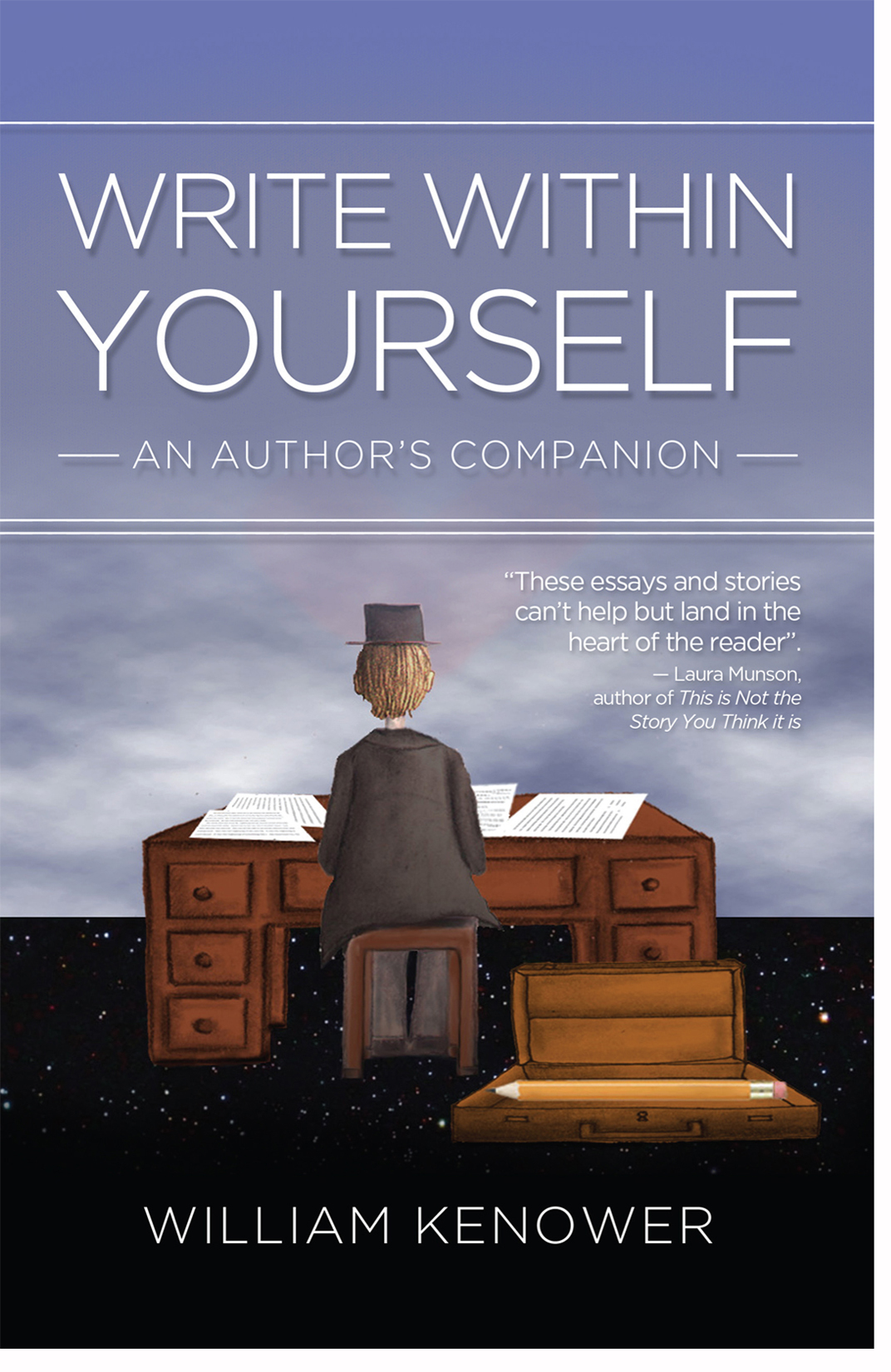Rejecting Stories
For years I had two separate and apparently contradictory experiences when I wrote. Sometimes the writing was effortless. I would sink quickly into the dream of the story I was telling and find myself carried along as if in a current. When I was in this current, I was so focused on this other reality that I lost track of time in the reality where I lived. In that current, ideas always came to me; I never had to make anything up. My only job was to stay interested in whatever I was interested in and let the current do the rest. I loved this experience. First, I loved it for practical reasons. The stuff I wrote when I was in that current was the most original and alive and authentic stuff I could write. I was also prolific. The longer I stayed in that current, the more I produced. But I also loved this experience for less practical reasons. It was fun. It didn’t feel like work at all. It was simply getting interested and following that interest, which is really just play. I always want to play; I never want to work. Finally, when I was done writing, I would be launched into the rest of my day, where all the business of life that seemed so tedious yesterday, was benign today. Why, there was nothing inherently boring about doing dishes after all!
But sometimes the writing was not effortless at all. I could not sink deeply into the dream of the story and I could not find its current at all. On these days, I felt like I had to make up everything and I everything I made up stank. All my craft and storytelling know-how was useless to me. It was as if I had forgotten what a story was.
I loved the first experience as much as I hated the second experience. These were the types of experiences I went out of my way to avoid if I could. After a session like this, games that I had enjoyed playing the day before were meaningless to me today. In fact, my whole life seemed meaningless to me – a gaudy distraction until my inevitable demise.
For years I never knew from day to day which experience I would have nor why I had the experience that I did. I’d heard that sometimes the Muse visits and sometimes she does not. I’d heard that writing was hard. I believed this story, and the evidence of my experience confirmed it. Until one day I asked myself, “What if the story isn’t true? What if these experiences aren’t random? What if they are instead a result of something I am doing?”
If you are a regular reader of this column or have listened to my Fearless Writing classes, you have probably already guessed that the reason I had these two experiences was not chance, but a consequence of whether I was wondering what other people would think of what I wrote. That’s it. If I never worried about other people, the writing was effortless; when I worried about those other people, writing was the hardest thing I’d ever tried to do.
The difference between these two experiences remains so interesting to me that I have gone on to write thousands of essays on the subject, taught classes on it, and now have a book coming out next spring called Fearless Writing. However, as glad as I am for all the material these experiences have provided me, nothing has been so instructive to me as that moment I questioned what I had previously thought of as reality. In that moment, I became the author of my life. In that moment, I rejected a story that wasn’t serving me. Once I’d rejected it, an empty space was created where I could write a story by which I actually wanted to live.
Write Within Yourself: An Author's Companion.
"A book to keep nearby whenever your writer's spirit needs feeding." Deb Caletti.
You can find William at: williamkenower.com


